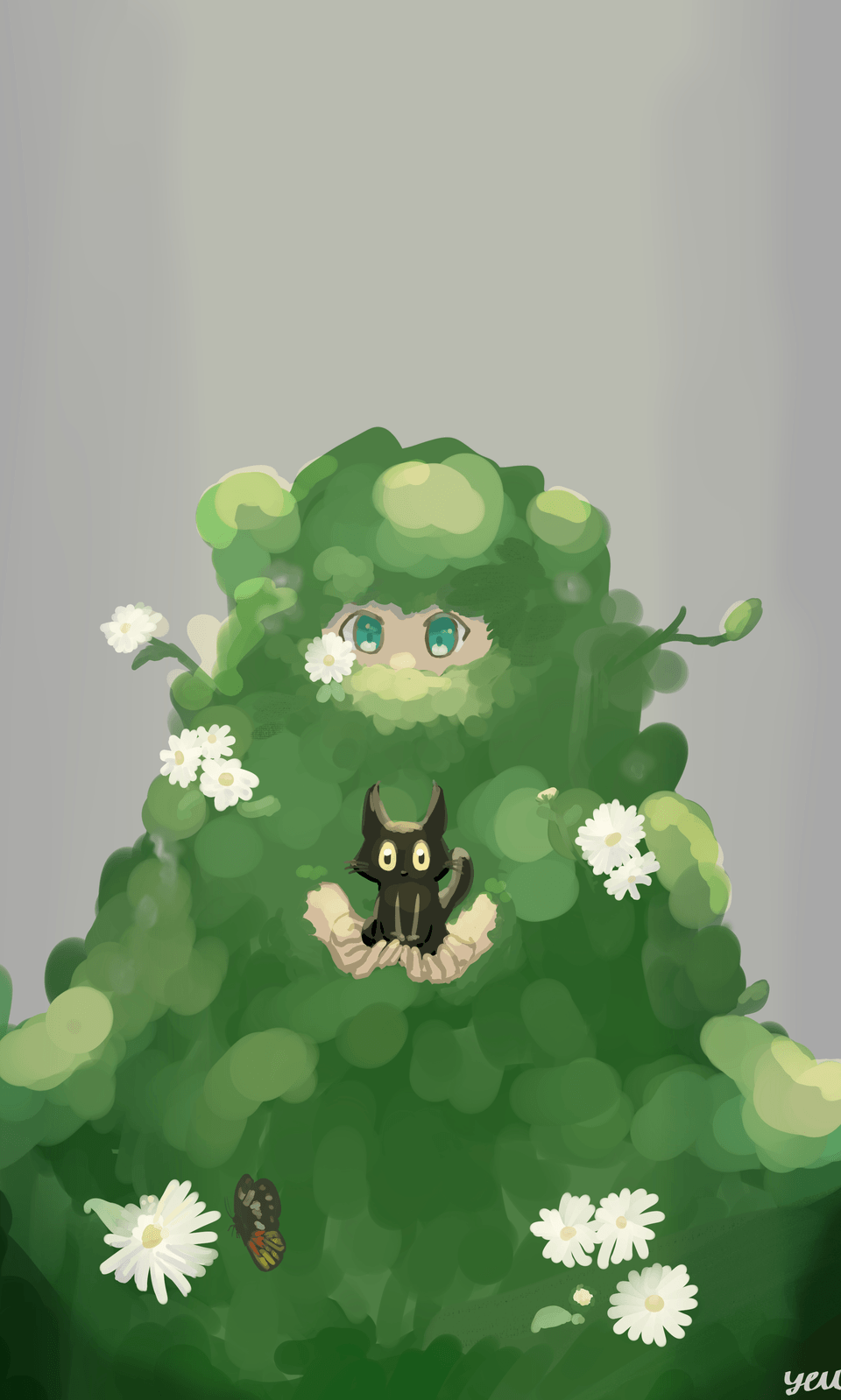Webtoon Panelling Tips | Obliviousquill |
Intro to Making Panels
I’m use a 1,600 by 20,000 px canvas with 350 dpi canvas size for my webtoon.
Let me give a brief overview of the panel tool in clip studio paint.
The panel tool is in the subtool icon and you have a few options to choose on how you draw the frame. I typically use the rectangle frame and then adjust the size or shape of the panel according to my sketch.
On the frame layer, click the object tool. You can change the thickness, colour and brush shape of the panel.
Arrange your Panels in a Consistent Reading Direction
The first tip is to arrange panels in a way that guides the reader's eye naturally from one panel to the next. Use techniques like leading lines, eye direction of characters, and visual cues to create a smooth flow. Webtoons typically flow from left to right as opposed to manga.
I’ll be using a scene from my webtoon as an example. Panels usually start from left to right as opposed to mangas.
The speech bubbles should also follow from left to right format to make it easier to know who’s speaking first.
Leave Enough Space between Panels
Leave enough space between panels to avoid clutter and confusion. Adequate spacing also helps in emphasizing key moments or actions within a scene.
I recommend a maximum of 2 panels in each page, even better, just one panel per page. When you cram too many panels in a page, it gets disorienting and quite hard for your eyes to absorb what’s happening.
However the gutter space can also show how fast a scene is playing out. If it’s an action scene, a smaller white space would allow the scene to appear quicker. A larger white space can bring suspense and also slow down a scene. It depends on how fast you want your story to play out. Pacing can make or break a webtoon.
Establish a Clear Hierarchy of Panels
Establish a clear hierarchy of panels to prioritize important actions or dialogue. Larger panels can be used for significant moments, while smaller panels can depict minor actions or details. For example, a bigger panel can introduce a new character or scene to highlight its importance.
This is also to make it easier for readers to remember.
And smaller panels can show quick actions and close ups that might not be that important but bring nuance and subtle movements.
Transitioning to Next Scene
I use techniques like panel fades and larger white spaces to convey a different passage of time. If it’s a new scene with a different setting, introduce the background first then proceed with your characters existing in the background.
Similar to mangas, you can use thin rectangular frames to show that time has passed. Usually the longer time has passed, the more frames you put.
When you want to depict a flashback, I recommend using a different canvas colour. I usually go with black or grey to show past events or memories.
Panel Composition
You should consider the composition of each panel to create visually engaging scenes. Use techniques like the rule of thirds, framing, and perspective to compose dynamic and visually appealing panels. Webtoon is similar to animation when it comes to this. Also, keep in mind of the 180 rule.
Basically keep the direction of the characters consistent. If the character is facing left, keep them on the left until the scene ends.
Experiment with Different Panel Layouts
Use variations in panel size, shape, and arrangement to create rhythm and pacing within your comic.
Angled panels feels more dynamic can give a sense of direction. I like to use this type of frame to differentiate my panel composition and make my webtoon appear more interesting.
If you’re creating an action scene, angled panels are more appropriate while simple square panels can be used for calmer scenarios.
Incorporating different styles of panelling can create effective and interesting storytelling in your webtoon, without having to explain what’s happening. Remember the popular saying ‘Show not tell’
That’s all for my advices on panelling. Keep practicing and refining your paneling skills to create compelling and engaging comics and webtoons.
If you’re curious, check out my webtoon Woes of a Male Lead
























留言